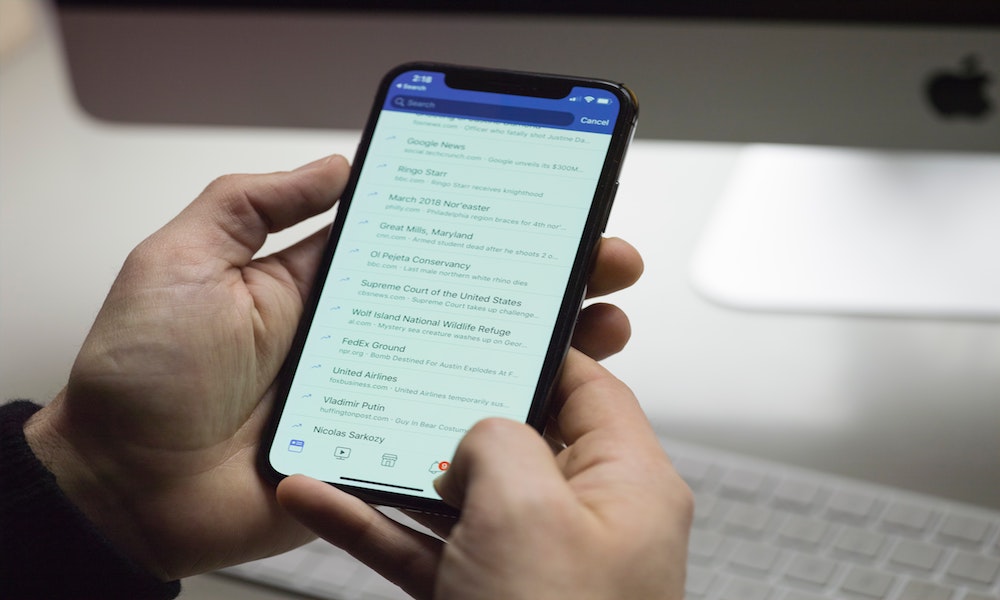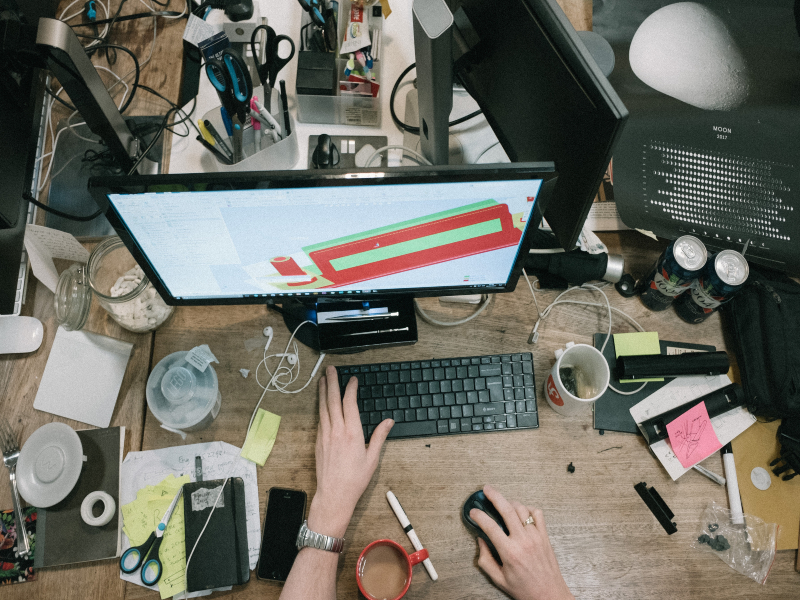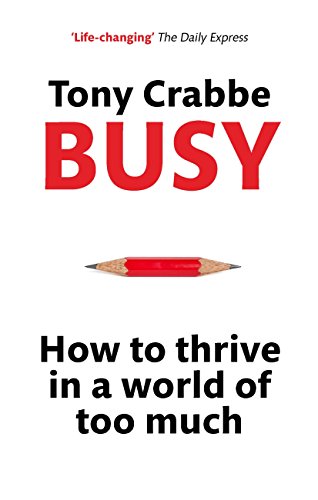“In 1989, when I started my working life as a marketer in a London financial services company, my contract hours were 9-5. If we did overtime, we were paid for it. Most of us left at five since we’d finished for the day. By the late 1990s, just over ten years later, everything had changed. Contracted hours had gone out of the window and everyone above a certain pay grade was staying late as a matter of course. Presenteeism had arrived, and the world of office work would never be the same again.” Kate Goldstone
Everyone’s busy. Plenty of us are really, really busy, all of the time. Some say busy-ness has reached epidemic proportions in the wealthy western economy. But is being so busy you can’t easily turn around and can’t always think well, really a wise approach to work?
Tony Crabbe, a brilliant observer of our corporate world, thinks being constantly, chronically busy is a dubious badge of honour. Is it about time we stopped, smelled the coffee, realised busy-ness isn’t all it’s cracked up to be. In his excellent book, Busy, how to survive in a world of too much, Tony persuasively suggests that it is time to find a better route to success, a more human-centred way to balance life and work.

Why is contemporary life so busy?
The quote at the top of this post says it all. But the reasons behind the sea-change in the way office workers treat their working day is a bit of a mystery. What, exactly, happened during that decade when things suddenly changed? Whatever the reasons, being busy has, over the last twenty years, become the way that ordinary life is lived for millions of us. Busy is the new normal, and it’s eating into our personal lives as well as work.
Do we actually choose to be constantly busy?
We don’t seem to actually choose to be so busy we can become frantic. Tony Crabbe says it’s just that the many small choices we make cumulatively add up to busy-ness. Every time we take a certain route without thinking things through, every time we say ‘yes’ to more responsibilities without thinking about it, we inadvertently choose busy.

Let’s face it, it’s often easier to be busy – to respond positively to requests – than it is to turn them down, especially in a context where saying ‘yes’ sits at the heart of the culture you’re operating in.
Being really busy has also become a sort of badge of honour, a status symbol. Observe many a workplace and you might spot competitive busy-ness going on – ‘I’m much more busy than you’. And that’s one reason why it can feel scary to stop. On the other hand what’s the worst that can happen to you if you step off the conveyor belt and breathe for a bit? Will you get sacked for not working until 9pm every night? Will people dislike or disrespect you if you dare to admit you don’t have the time to take on yet another monster of a task?
The trap we’re in starts to make even more sense when you realise how few of us like to admit we’re not coping, are too busy we’re actually struggling. If everyone around you at work seems to be bearing up under a growing burden, you have to bear up as well, especially when your efforts are needed and being regularly recognised, even rewarded.
Is it all down to the managers, the directors? If your leadership team leads the way in competitive busy-ness it’s even harder to step off the hamster wheel… but it’s something we need to think about if we want to hold onto our sanity in the long term. A wake-up call is long overdue around chronic busy-ness, and we need a fresh way to view the issue. What’s so clever about being too busy all the time, anyway? And what is the real value of being constantly rushed off your feet?
In his TEDx talk and his excellent book ‘Busy’, Tony Crabbe says that first of all, we need to stop managing our time. In his experience ‘time management’ fuels the unreasonable demands we’re left trying to cope with on a regular basis. In fact our busy-ness only depletes essentials like in-depth focus. It fractures our attention, leaving us even more busy and therefore reducing our ability to prioritise. He maintains that busy-ness is actually a habit of learned helplessness, and it makes a lot more sense to think of ways to take back control over our own lives, regaining a sense of mastery over what happens to us.
Hone those recognition skills! Have you fallen into the busy-ness trap?
How do you start tackling a life that’s become so busy that it’s ridiculous? For a start, you can try out simple things like consciously realising there’s too much to do. It helps to know deep down that being perfect, doing everything to the highest standard, is impossible. All it does it set you up for failure and unhappiness, and the sheer cost of perfection is always too high. In Tony Crabbe’s world, getting sloppy is far more healthy than driving your poor self into the ground. Things do easily get messy, especially when things begin to pile up and there are too many demands to be met.

Instead of thinking about inputs and efficient ways to deal with them, would it be far more beneficial and effective to understand and work towards the most important outputs? Clearly this means taking a step back. It means being daring when the corporate tide is still flowing the other way? If you’re a leader in your career, helping your people become less busy might be your responsibility. This can be a real challenge in many business cultures? It will take time to work out what it means in practice for you. It will not happen without intention and forward thinking.
Tony Crabbe also maintains that you can flip your mood and choose to be lighter. There’s no need to be intense and serious every minute of the day. We have the choice, being human, to welcome in humour, let creativity flow more and allow spaciousness back into our lives. Merely reacting to everything that comes your way is a habit like any other, and it can be changed. You can learn to ‘unchoose’ in this busy world and make better choices about what and who are really important in your life. And that means lingering longer on what matters.
Get help NOT going with the flow!
It’s your decision whether or not you want to think more rigorously and decide not to automatically go with the busy flow. If you’d like to spend time re-evaluating and re-choosing a simpler approach. One, that’s lived more in line with deeper values and what genuinely matters most to you, we can help you explore how this with you. We would be pleased to talk – do get in touch.
About us:
We create the space for leaders to step back, think clearly, and navigate complexity with confidence. By sharpening the narrative that drives decisions, teams, and performance, we help leaders move forward with clarity and impact. Our approach blends deep listening, incisive challenge, and commercial focus—strengthening leadership at every level, from business transformation to boardroom decisions.
“We share resources that help coaches deepen their practice and expand their impact. The articles on this site are designed to spark fresh thinking, offer practical tools, and support the continuous growth of coaches at every stage. “
Jude Elliman
Founder
Our Core Approach:
We work with leaders to sharpen their thinking, strengthen their leadership, and navigate complexity with confidence. Our approach is built around three core areas:
Narrative Coaching – Working with the stories that shape leadership, teams, and organisations.
Commercial Focus – Cutting through complexity to drive clear, strategic decisions.
Challenge & Space – Asking the right questions while creating the space to reflect and grow.
Through this, we help leaders drive transformation, align teams, and make high-stakes decisions with clarity and impact.

